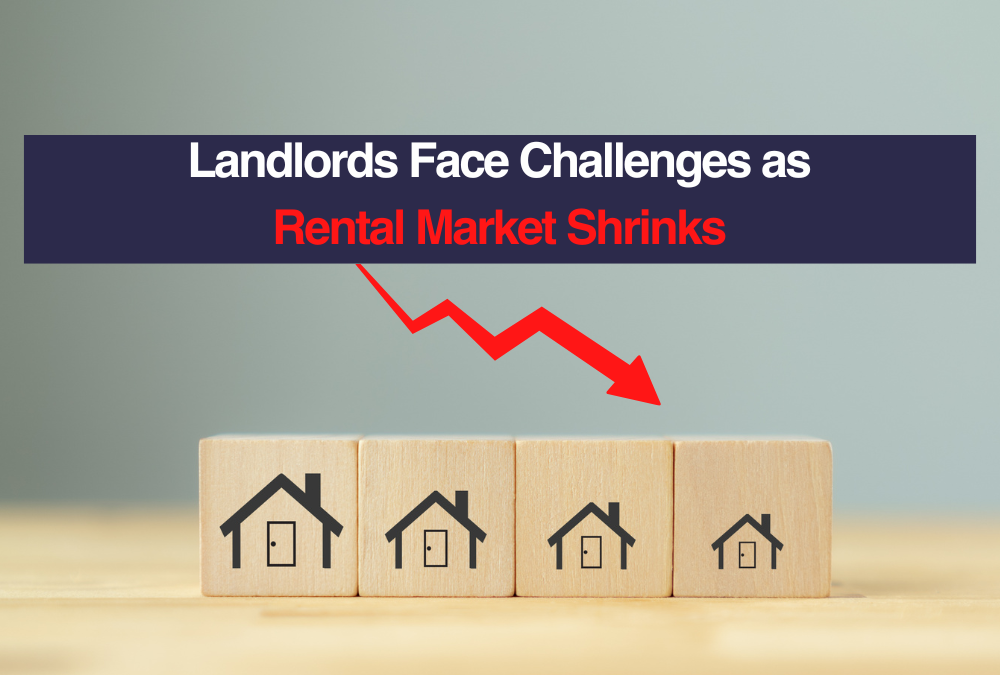As a landlord you may have experienced rent arrears. Here’s our four-step guide to solving the problem before it goes too far.
Step 1: Act quickly to protect your credit rating
If a tenant does not pay their rent on the agreed date stated in their tenancy agreement it can be said that they are in arrears. The best thing to do is act immediately and take some form of action as soon as possible.
Outstanding monies can quickly build up, which could put a strain on finances potentially affecting your ability to afford essentials like necessary maintenance works and even worse your mortgage payments which has knock on affects to your credit rating etc.
Step 2: Making contact
Rent areas can certainly be a cause for a breakdown in landlord/tenant relationships. Your first action as a Landlord is to pick up the phone and call the tenant as a key thing for process to be successful is keeping contact with the tenant.
Sometimes finding out why the money has not been paid can shed light on on what further action you may have to take. However sometimes a simple explanation such as wages being paid late or even that they genuinely forgot can put your mind at ease.
If however you have not been able to get hold of them via the telephone, your next port of call is to email. The email should contain when the rent should of been paid and the number of days the tenant is behind. The tone of the email should be considered strong asking the tenant to “contact you immediately” however should not sound threatening or hostile. This is also important as its good to have all correspondence on record in case the matter progresses to court,
When the tenant does eventually make contact, ask to meet in person at the property or in a neutral space such as a coffee shop. You will be able to get a good idea as to why they have not paid up to date and potentially set up a repayment plan.
Step 3: Partial payment is better than nothing
When a Landlord is in a position where partial payment of the rent is possible it is usually due to the tenant having financial difficulties. The best way to think about the issue is to consider it a joint problem that can be worked out together maintaining that always important good relationship.
Can they pay something, 50%, 75% of the rent for example – this would be better than receiving nothing. This has several benefits the 1st being of course you as the Landlord get some rent to pay your mortgage and on the other side the tenant gets a slight breather that they will no doubt very much appreciate. It is also at this point where you can discuss the support options open to them.
If they have a guarantor the next step to take is to contact them and ask them to top up the partial payment or indeed pay it all. This can often be hard especially if the guarantor is not helpful and complicates things further by not paying up themselves. Of course you could always offer the option of ending their tenancy however again getting a tenant to openly leave their home due to financial difficulties is hard however it may be an attractive option if you believe this may become a common occurrence.
Something to note is that a landlord cannot end a tenancy early due to rent arrears without applying for a possession order in the County Courts in England and Wales or an eviction order in the Housing and Property Chamber of the First-tier Tribunal for Scotland
Do not agree to their using the deposit to pay outstanding rent. The deposit must never be considered until the tenancy has come to an end. Try to resolve the issue amicably, as, once the barriers go down and communication stops, things will only become more difficult.
Step 4: Check references thoroughly
Of course the best way to avoid rent arrears is to do all the relevant checks on the tenant prior to the tenancy starting. If a tenant has no CCJs, great Landlord references and is employed you can be confident when starting the tenancy. Although not impossible rarely do tenants that have been properly referenced get deep into arrears unless they have a change in circumstance.
You can also as security look at other options such as providing a guarantor or consider taking out rent guarantee policies.
A key rule that all landlords should abide by is never let a tenant move in before they have paid. This effectively gives you one months cushion as you can retain the deposit at the end of the tenancy if the arrears have not been paid.
Related Articles
- Right To Rent Checks Procedure
- Rent Arrears & Debt Extension
- Further Rules for Evictions & Rent Arrears
- New How to Rent Guides Released
- Have You Heard About the Debt Respite (Breathing Space) Scheme?








